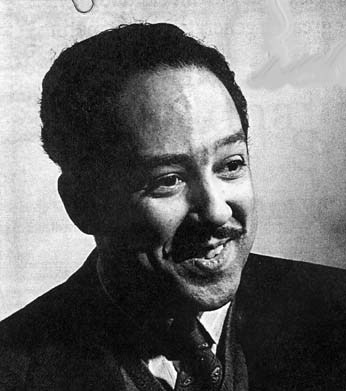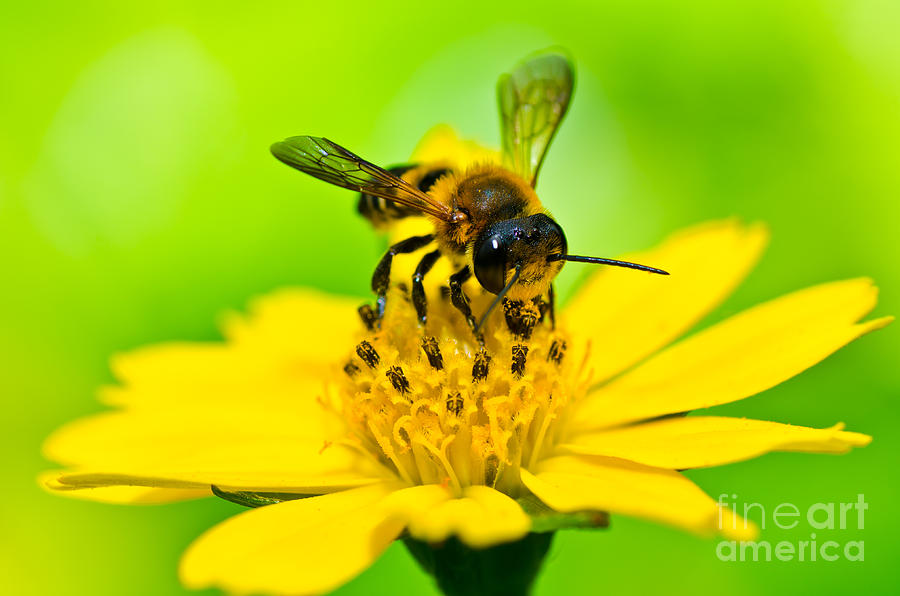When we know who our books appeal to, it is easier to sell our books. Recently some family members held a book party for me in their home. They invited their friends who owned or liked animals. They knew their friends would be interested in Paws, Claws, Hooves, Feathers and Fins; Family Pets and God's Other Creatures, which is all about animals and the people who love them.
The party was fun with good food, wine and nice people. For the first 45 minutes, we all got to know each other. We chatted, talked about pets, about my sister Gay's sculpture and drawings and about my paintings hanging on her walls. I remembered names of the people who were close friends of my sister and brother-in-law. That helped with conversation.
When it was time for me to share some of the stories and poems in the book co-authored with my dear friend, Estelle Rice, Gay's husband, Stu gave me the most wonderful introduction. He is a very generous person and a kind person as well.
I stood and read for a half hour, more than I had planned, but the group seemed to be enjoying it so much. When I was done, Stu steered the audience over to the table where a couple of books were wrapped in Christmas bows. I encouraged the purchase of extra copies for Christmas presents and gifts for friends in the hospital. The short pieces are great for times when the reader might not want to get involved in a novel.
The men and women at the party overwhelmed me with compliments on my reading and with their interest in the book. My niece, Lee, sat beside me to help with making change. I was so glad to have her there.
It was the best experience I've had signing books since 2009 when Gay invited her friends to her house for lunch and a reading by me. My poetry chapbook, Now Might as Well be Then, had been published and I read some poems from it. Although that group was not particularly into poetry, almost all of them bought a book.
I find that writers have a bit of a mystique with those who do not write. We can answer questions they have always wanted to know or wondered about.
On Friday of this week, Estelle and I will sign books at the Valley River Humane Society Thrift Store in Murphy, NC. We will be there from 11:30 AM until 3:30 PM. We will donate part of our sales to the animal shelter. We expect to meet animal lovers and others who just come to shop for a bargain.
Do you have any hints for marketing a book?
Tips from a publisher: https://netwestwriters.blogspot.com/2013/01/selling-your-work-by-selling-yourself.html
Tips from a publisher: https://netwestwriters.blogspot.com/2013/01/selling-your-work-by-selling-yourself.html








